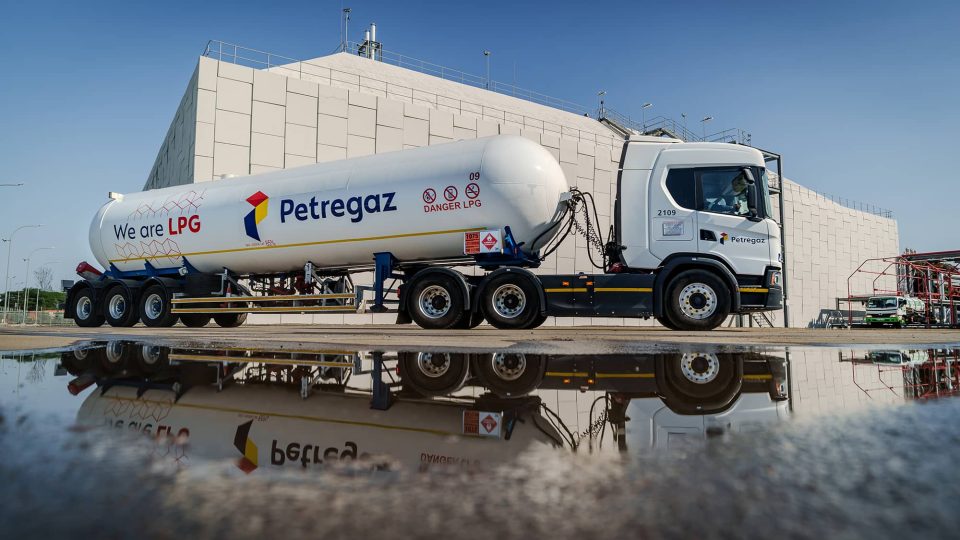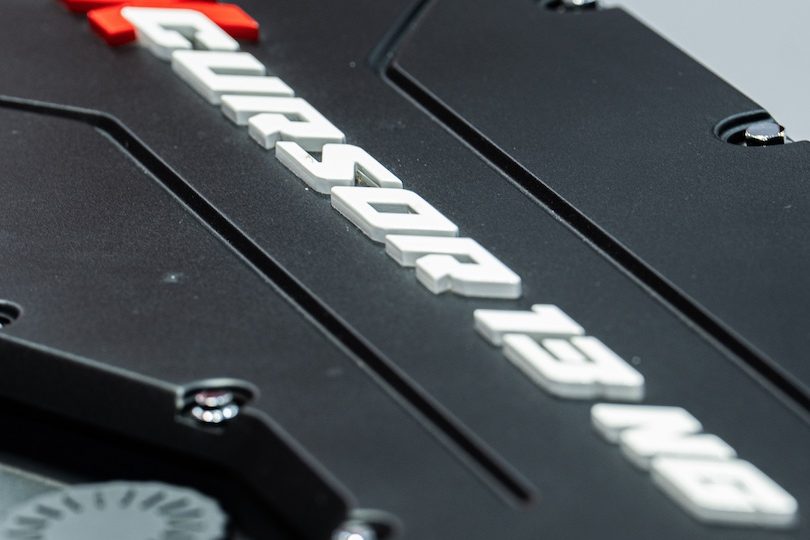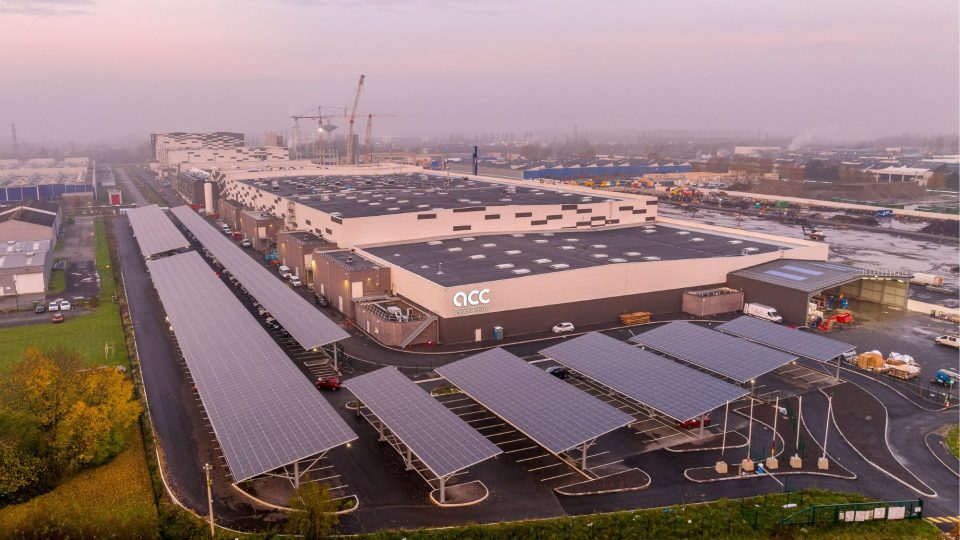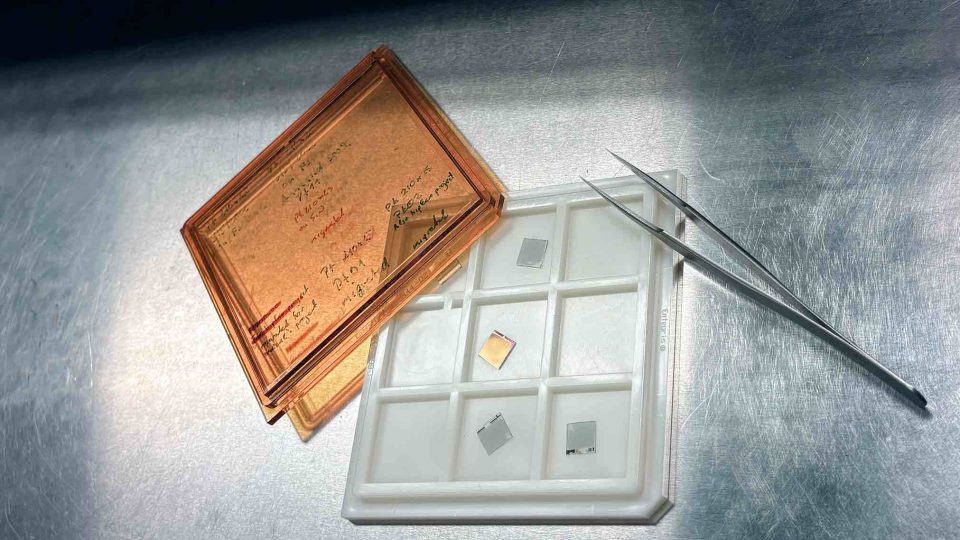WATTALPS passed Bureau Veritas’ safety tests for Maritime Type Approval
WATTALPS batteries passed safety tests witnessed by Bureau Veritas for maritime type approval
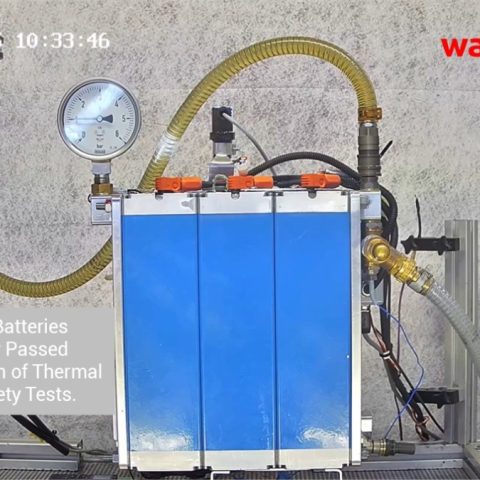
WATTALPS has successfully addressed the risk of thermal runaway, following rigorous containment tests on its battery systems conducted under the certification of Bureau Veritas in June 2025. The tests aimed to demonstrate that a single-cell failure would not lead to a propagation of thermal runaway across the battery module or system.
WATTALPS, thermal runaway and Bureau Veritas
Earlier tests were conducted on standalone cells in open air and submerged environments, followed by multiple trials at the module level. For the current qualification test, WATTALPS executed the procedure on a fully charged battery module in the presence of Bureau Veritas. The module was preheated to 37°C, and the test chamber ambient temperature was around 40°C. These propagation tests are performed to assess the risk of an internal fault of a cell, leading to a short circuit overtime and a cell thermal runaway. They are mandatory for maritime type approval and are also required for a lot of other applications including R100 Homologation for road vehicles. A known cause leading to such an internal short circuit is the presence of metallic blurs inside the cell, following electrode slitting and not detected in the production process. Such blurs can be hidden in the cell but can perforate the cell separator with cell cycling, hence creating an internal short circuit. These tests were carried out three times on WATTALLPS batteries on three different cells.
In a nutshell
- Thermal runaway was successfully triggered in the targeted cell.
- All resulting gases were safely vented through a dedicated safety valve.
- No fire or explosion occurred during or after the event (8 hours monitoring).
- Thermal runaway was contained to the targeted cells and no propagation to other cells of the module, neither to neighboring modules, was observed.
- The temperature of neighboring modules increased by less than 5°C.
- The final battery voltage remained above 90% of its initial value.


